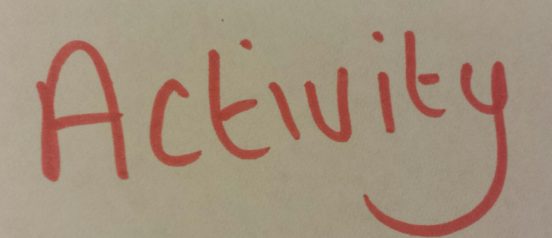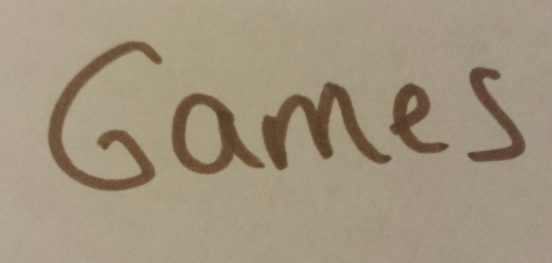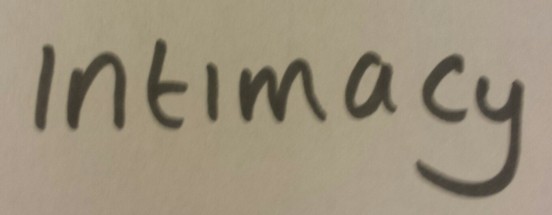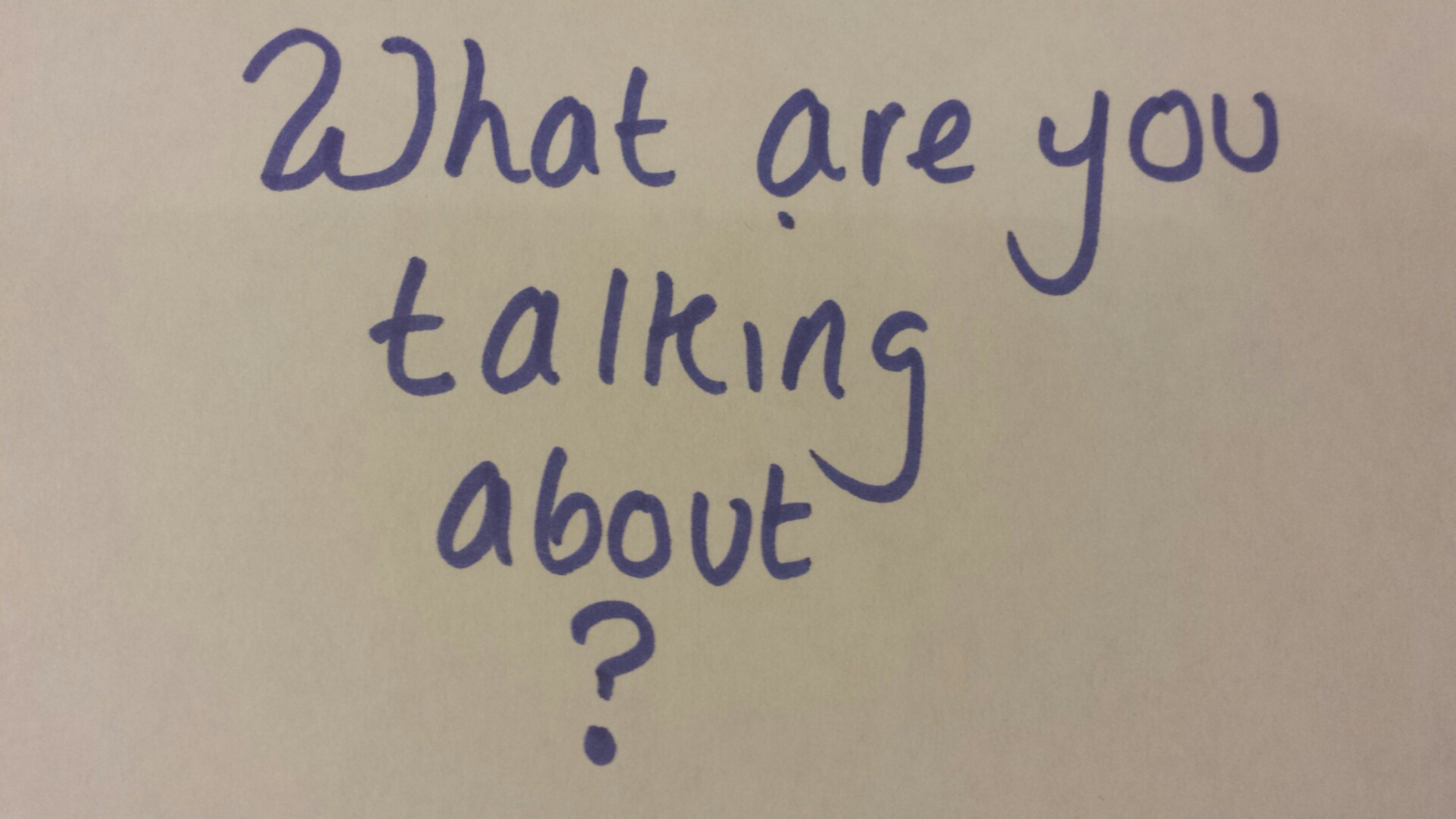Christmas Talk?
Partner and I have been arguing about talking.
His work is all about information, accuracy and being precise (he calls this ‘being right’). He’s used to getting and giving information and when he asks questions to do with work they are to elicit a very specific type of information.
I am useless at remembering facts unless I make a concerted attempt to learn them, which I rarely do. In my work I ask questions to check understanding, develop or challenge thinking or to engender reflection. In coaching I ask questions that I think will help the person think about what they want to think about more deeply, and even in teaching I tend to ask open questions.
So there are times when our communication style clash.
Which got me thinking about why we talk?
- Why do you talk?
- What purpose does talk serve for you in your different contexts?
I use talk to: connect, discover, create, imagine, empathise, visualise, share, teach, learn, explore, tune into to, get to know, understand, make connections, build relationships, make people laugh (on a good day), be bossy (on a bad day), ask for help, build trust (and, adds Partner…’sounding self-righteous’ right now apparently).
Partner uses language for some of those reasons, but he also uses it to clarify, justify, to take the mickey, banter, explain, evaluate, reiterate, defend, argue, extract information, give information, to get things done, ascertain the facts, find solutions and uncover mistakes.
- How do the close people to you use language?
- How does the interplay between you work?
The thing is, it was only recently that we really got to understand how we have assumed that we each mean the same by ‘conversation’. It seems we have very different expectations of what conversation is for. As with everything, seeing things clearly is the only way things change.
Neither of us is going to change our communication style any time soon as we are so practiced in our habits and actually we need them to do our jobs well. But the new awareness allows us to flag up the kind of conversation we need, or to laugh about it when we misunderstand each other.
Eric Berne talks about how we Time Structure, which in this context is how we spend our time in relation to other people. He says that there are 6 modes. In order to understand what follows I just quickly need to explain Stroke Theory.
A Stroke in TA terms is a unit of attention. We can give and get attention for who we are (being – unconditional strokes) or for what we do (doing – conditional strokes). We can give or receive positive or negative Strokes. So a positive unconditional Stroke might be a smile because I am just happy you are here. A negative unconditional Stroke might be ignoring or excluding you. A positive conditional Stroke might be a compliment about how you look. A negative conditional Stroke could be when I criticise your parking (which of course, I would never do….unless you’re my partner and I’m premenstrual!)
Negative Strokes make us feel bad, with the unconditional ones making us feel really bad, and positive strokes make us feel good, with unconditionals making us feel really good.
- Think back to a recent interaction with someone close – what kind of Strokes did you exchange?
- How did it make you feel?
So to Time Structuring. Imagine you’re at a Christmas do…you might, especially if you’re an introvert, start with

This is when I’m not really present in the room. I’m thinking about tomorrow, or home, or the kids. I’m not talking to anyone, I might not even be making eye contact. There is no Stroke exchange going on in this state, although I might be self-Stroking (it’s not smutty!) by reassuring myself or berating myself.
- Do you do this?
- When?

As I thaw and get used to the situation I might go up and say hi to someone or ask them how they are. Ritualistic communications are socially accepted habits so in one place we might air-kiss, in another we might shake hands. They are predictable and we all know how to respond. When I ask how you are and you say ‘well thank you’, we have exchanged ritualistic Strokes which have some Stroke value but don’t involve any great risk.

Then I might move on to talking about my day, or about last year’s Christmas party. This is when we are talking about something, but not engaging in any activity do to with it. So we might be talking about how we danced on the tables last year, but we’re not doing so now, as we pastime. Pastiming is when we talk about things in the past, or about other people, or other places. This is the typical light, superficial conversations you might expect to have at a Christmas works do.
The British are famous for Pastiming about the weather. I pastime at the school gates as we talk about our kids, or I might talk to other teachers about teaching. Pastiming is less predictable than Ritual and again, Strokes are exchanged, with little risk. However, we do start to find out more about each other.
- What do you Pastime about?
- With whom?

Berne says we then move into Activity. In a work situation this would be when the group starts to engage in the task and to move towards a goal. We are not talking about something in the past, we are talking about something we are engaged with now. So in a family context this could be putting up the Christmas tree or preparing Christmas dinner together. As you know from doing those things as a family, the Strokes are less predictable and tend to be conditional, based on doing rather than being.

As we engage in activity we are likely to get involved in Games. The simplest way to explain what Game means in this context is when there is some kind of interaction which leaves the participants feeling bad but where there is no ‘honesty’ in the conversation because the participants have played a role. They also have a predictable, repetitive quality about them. For example, imagine someone says ‘I love my sprouts well done’ (they say it with a smile that doesn’t reach their eyes and you feel criticized for soggy sprouts again!). You might reply, tersely; ‘you could have broccoli instead’. You feel cross at them and they are spiking you and you’ve felt like this before.
- Does that ring any bells?
When we are Game playing we pretend we are the Victim, the Rescuer or the Persecutor but we do so out of awareness. I played a blinder yesterday. Rather than asking for a lie in, I got up and raged about how I get left to do everything…I was feeling like a Victim so I shouted (Persecutor) and made everyone else feel bad (making them Victims) – aren’t you glad you don’t live with me?
In Games negative Strokes are exchanged.
Christmas is a great time for Games:
- ‘Oh I love it when you buy me Old Spice every year’…I’ve still got lots of the bottles you’ve given me (subtext – I hate it but can’t tell you so will just snipe and you’ll feel bad and so will I but nothing will change).
- ‘No, honestly, I don’t mind washing up while you all sit down and enjoy the film’ (yes I really do, but I feel such a Victim that I’ll just slam plates around and grump for a while to make you pay rather than asking for help).
- ‘Of course I’ll be back before midnight’ (I’ll sneak in when you’re asleep, and I know you know I did, but neither of us will talk about it, we’ll just stonewall each other all morning).
- Which is your favourite Christmas Game?
- Who do you play with?
- Which role do you play?
Why do we play Games? We play them to avoid intimacy. Berne says intimacy is what we most want (to be seen and heard as our authentic self), but which we most fear (in case we are rejected).

Intimacy has nothing to do with taking your clothes off in this context, what it means is being authentically and vulnerably yourself; open, honest and responsive to the here and now situation.
If I had been intimate yesterday morning I would have said something like ‘I’d like a lie in, will you get up and sort things this morning?’. In scenario 1 I would have said ‘I appreciate that you think to buy me something every year, but I really don’t like Old Spice. I’m happy to have nothing or I could give you ideas for things I do like’. I could have asked for help with the washing up and in scenario 3 I could have said, ‘I’m not sure what time I will be back, it could be really late. I know you don’t like it when I go out drinking but I’ll stay in text touch to see how you are and to let you know I’m OK…is there anything else I can do to make this OK with you?’
Intimacy is when we tell people what we need and what we want. In doing so we risk rejection and denial so we play games to avoid our truth. But the truth will out, which is why Christmas is such an intense and often tense time, because it’s hard to keep playing Games, or pastiming or being busy, it can make us feel shut off from our self.
Intimacy is risky because we can’t predict the Strokes we will receive because it’s not pre-programmed or goal driven. Intimacy is always constructive, but not always comfortable. If I tell you that you have hurt my feelings laughing at my soggy sprouts you might feel hurt. But to not tell you, is to hide my feelings. I’m not going to pretend I don’t mind your sarcasm when I do. You in turn don’t have to pretend to like my sprouts in order to be polite… don’t pretend, don’t eat them.
Intimacy isn’t all about being nice. We try to avoid rows and Christmas as it’s’ meant to be’ fun. But rows when they authentic expressions of needs and wants can bring us closer to understanding the other person.
- Who are you intimate with?
- Who do you avoid intimacy with?
- What are you avoiding talking about that would make your Christmas relationships more intimate?
- Is there an elephant in the room that wants to be named and spoken about?
- What do you risk by being intimate?
- What do you risk by not being intimate?
So, here we are talking about talk at Christmas. There is no right way to talk, no wrong way to talk, it depends on who you are and what you need and want. There is some talk that I avoid and some talk that I enjoy. I find some kinds of talk energising and some draining. I’m happy to pastime with some people, but there are a whole load of people I want to be intimate with.
Enjoy Christmas. Enjoy time with people and time alone, and remember the peaceful silences as well as the words.
If you enjoyed reading this please share it with friends. You might also be interested in talking to me about coaching , or maybe try some of my online courses (some are free), or treat yourself to a climate protecting pamper with vegan friendly, organic Tropic which supports the planting of forests and education in deprived areas.
Thanks for being here.
Julie
Sign up for more ideas to help you love being you
Your details are safe, check out my privacy policy here. I do not share any of your details and you can unsubscribe at any time
Tags In
Related Posts
Categories
- Be Here Now (110)
- Education (40)
- Endings (58)
- environment (96)
- Inspiration (111)
- Podcasts and videos (49)
- Psychology and Emotions (147)
- Relationships and Family (150)
- Spirituality (70)
- stories and poems (95)
- Thinking Differently (186)
- Uncategorized (8)
- Well-being (106)
- Women (80)
- Work (42)



